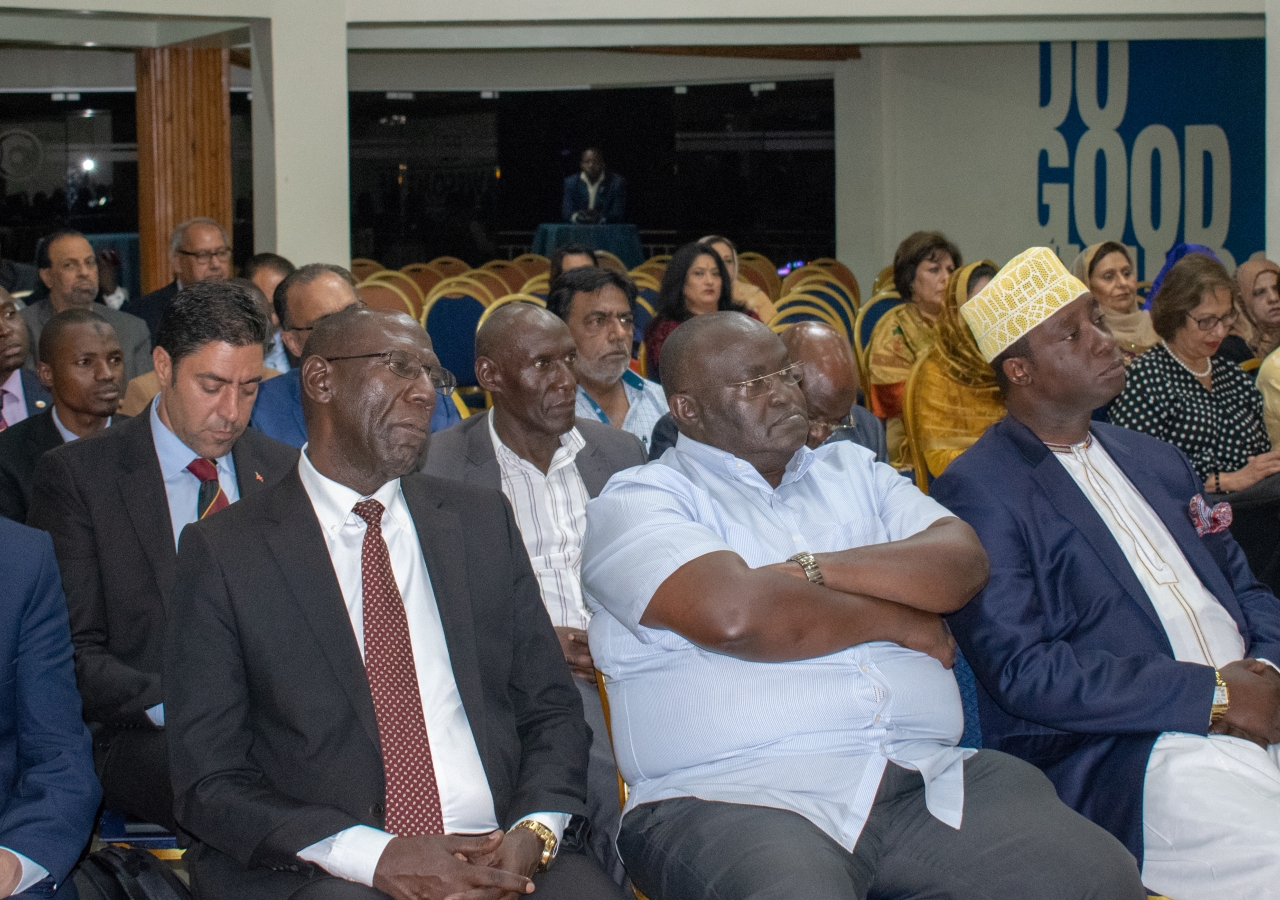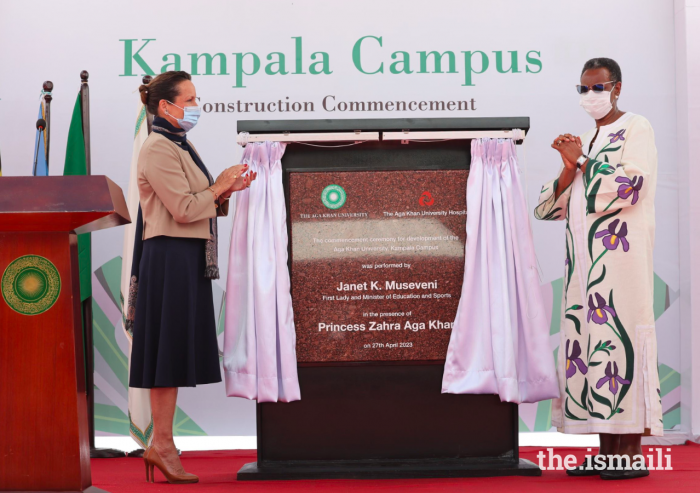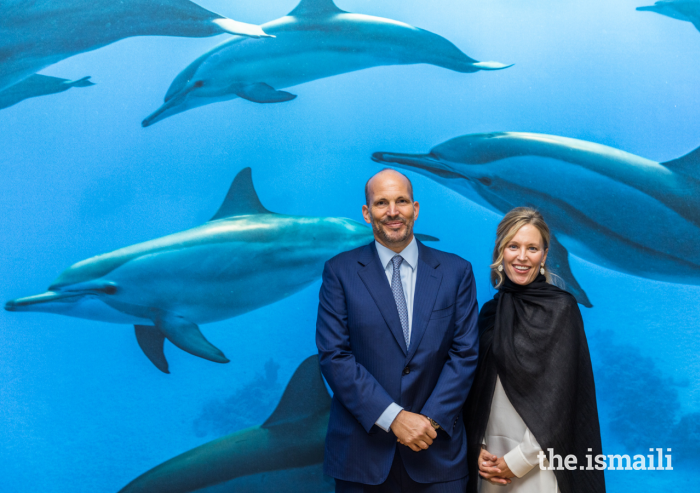The Lecture was organised by the Ismaili National Council for Uganda’s Outreach Portfolio and commenced with the recitation of verses from the Holy Quran and renditions of Naats.
President Minaz Jamal welcomed the chief guest, Prince Kassim Nakibinge the titular head of the Muslim community and numerous other distinguished guests drawn from a cross section of society, including various diplomats, officials, leaders of Muslim and other faith communities, and friends of the community.
In his opening remarks President Jamal said, “This evening, as we reflect upon the Prophet’s actions and his approach to life, let us seek to understand how, as part of one humanity, we can play a part in encouraging more empathy towards one another, so that the divides of misunderstanding are bridged and through mutual knowledge and acceptance of religious and cultural values and dialogue – the misperceptions of Islam are overcome, so that we are all able to live in a more peaceful world.”
During the evening, a short clip on the Architecture Awards held in Kazan Tatarstan Russia was also shown to the audience. President Jamal said that “Tatarstan offers a heartening example of centuries of peaceful coexistence, where almost 40% of the population is Muslim.”
The Keynote lecture was delivered by Altaf Amirali, a recent graduate with a Master’s degree in Muslim Cultures from the Institute for the Studies of Muslim Civilizations (ISMC). Altaf’s recent thesis concentrated on the relationship between archaeology and anthropology.
The theme of the Lecture was Prophet – A Beacon of Light for Humanity and Altaf made several reference to answers within the Quran and he said “The Holy Quran has answers to these questions and the life of Prophet Muhammad (pbuh) portrays an excellent pattern of conduct. The light of the Prophet was his exemplary Seerah and his teachings that give us an idea of how to address modernity which has Islamic ethical underpinnings”. Altaf then went on to highpoint three lessons from the life of the Prophet which he said “are sources of inspiration to address today’s challenges equality and peace; love and affection for all; and forgiveness and tolerance”.
The Chief guest, Prince Kassim Nakibinge in his remarks applauded the Ismaili community for exemplary development work in the region and for having institutions that respect diversity and welcome everyone, regardless of creed, colour and faith.
He further added that we are indeed fortunate in East Africa to have Shia and Sunnis harmoniously coexist and celebrate the life of Prophet Muhamad under one roof.
A token of gratitude was presented to Prince Nakinbige by Nadim Lalani, member of National Council for Outreach; and to Altaf Amirali Mukhi by Chairman Arzina Kurji, ITREB Chair as appreciation of their time spent with the audience.
Vice President Naz Jaffer when offering the vote of thanks, acknowledged The Chief Guest Prince Nakinbige for gracing the event, the Keynote Speaker for his words of wisdom, and appreciated the community’s volunteers who assisted the Outreach team in organising the event.
Vice President requested the audience to reflect on the concept of Pluralism and said “We have a world class Global Centre for Pluralism in Ottawa, Canada, an initiative of his Highness the Aga Khan. The Centre serves as a global platform for comparative analysis, education and dialogue about the choices and actions that advance and sustain pluralism”.
In closing, the master of ceremonies, Mahek Alwani reminded the audience that “for everything there is a polish and the polish for the heart is the remembrance of Allah.”
The event left the audience with a lot to reflect and ponder upon and the evening ended with Dinner and more conversations between friends of the community.












